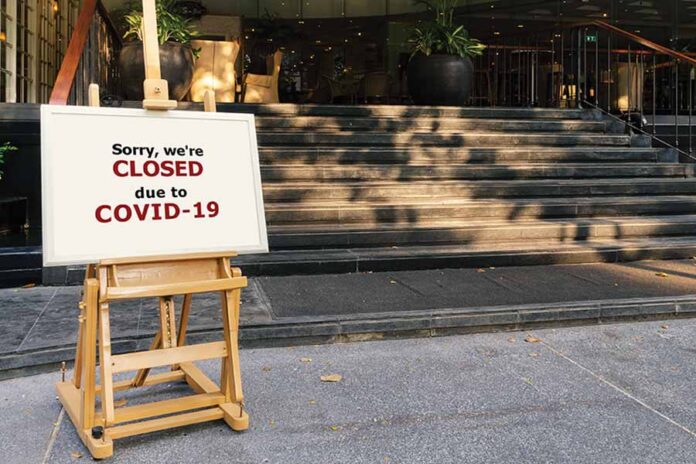The Hong Kong Court of Appeal has examined the applicability of the abatement clause and the principle of frustration in an appeal from a business tenant that sought to relieve its obligation to pay full rent during the covid-19 pandemic.
KEY TAKEAWAYS
- The triggering event of a rent abatement clause in commercial leases heavily depends on the precise wording. The court applied the normal principles of contractual interpretation in construing the precise scope of an abatement clause at the time when a commercial leases is entered, and not at the time of judgment.
- While parties to commercial leases are used to standard terms like abatement of rent and force majeure, it may be worthwhile to review whether the scope of these terms would adequately address their business needs or risks in light of rapid changes and unpredictability such as those triggered by the pandemic.
MORE DETAIL
The Court of Appeal’s judgment of the tenant’s appeal against a lower court’s judgment found in favour of the landlord’s claim for outstanding arrears of rent, damages and other charges payable under the commercial leases between the two.
In the lower court, the tenant argued:
- Extraordinary circumstances, including the pandemic and the associated travel restrictions and public health measures, engaged the abatement clause under the commercial leases, and so the rent should abate or cease to be payable; and
- The extraordinary circumstances caused the common purpose of commercial leases to be frustrated, such that the parties should have been released from their contractual obligations.
The lower court rejected the tenant’s defence and held that “a common thread running through” the abatement clause was that the triggering event was something affecting the premises themselves, impinging on their use and/or accessibility. This was not the case with the extraordinary circumstances; the lower court found the abatement clause had not been triggered.
On the frustration argument, the lower court found the tenant’s real complaint was of profitability, which was not within the landlord’s obligation. Accordingly, the issue of frustration was not engaged.
The tenant appealed and argued that the lower court erred in its interpretation of the subject abatement clause, and also on the issue of frustration.
The Court of Appeal reiterated the fundamental principles in the interpretation of contractual clauses, namely:
- To identify what the parties meant from the language of the provisions through the eyes of a reasonable reader; and
- To consider the commercial common sense of the subject contractual term perceived by the parties, or by reasonable people in the position of the parties, at the date that the contract was made, as opposed to retrospective consideration at the time of the judgment.
Based on these principles, the Court of Appeal held that the focus on the interpretation of the abatement clause should be on the effect of the actual instance on the occupation of the premises. Given that the extraordinary circumstances did not affect the physical occupation of the premises or the tenant’s use as retail space, the court found the business interruption during the pandemic did not invoke the subject abatement clause.
With regard to frustration, the Court of Appeal agreed with the lower court’s findings and held that the common commercial purpose of a contract can be inferred from the express terms of the agreement. Since one of the subject commercial leases did not cover any luxury brand, and the other one did not include any provision for turnover rent, the court was not convinced by the common commercial purpose claimed by the tenant (i.e., operating luxury retail stores). Accordingly, the commercial leases in question were not frustrated as the landlord continued to let the premises for the tenant’s occupation.
The Court of Appeal affirmed the lower court’s findings and dismissed the tenant’s appeal.
THE IMPLICATIONS
The Court of Appeal judgment raised a real question as to the sufficiency of standard contractual terms that used to be adopted in commercial leases, pre-covid. In light of the fast-changing world, parties are encouraged to revisit their contracts generally to ensure that their rights and obligations, and the distribution of risks and benefits, are sufficiently reflected in contracts.
Business Law Digest is compiled with the assistance of Baker McKenzie. Readers should not act on this information without seeking professional legal advice. You can contact Baker McKenzie by e-mailing Howard Wu (Shanghai) at howard.wu@bakermckenzie.com






















